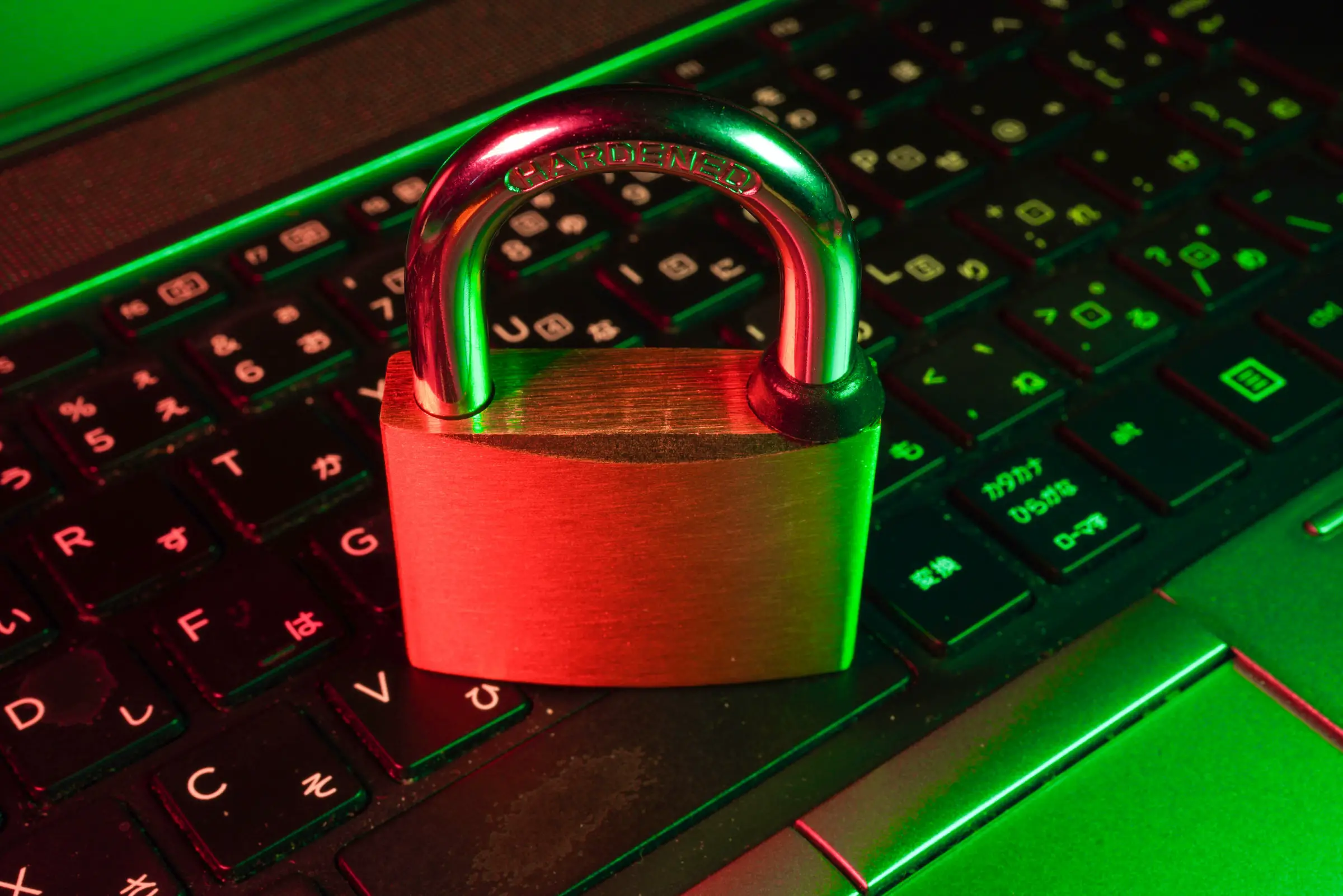Picture this: your kitchen table has transformed into your office desk, your cat is your nosiest coworker, and your business casual attire now consists of pajamas. Yes, welcome to the era of remote work. While the transition from office buildings to virtual meetings was abrupt, to say the least, it’s become apparent that remote work is here to stay.
As much as we’re enjoying having our fridge just a few steps away, remote work has also presented new challenges. The primary one is how to keep our businesses safe and secure in the digital world.

That’s why a VPN was created
As we live in that age where our refrigerator can now send us reminders to buy milk, we are constantly surrounded by technology and various inventions. However, with such connectivity comes great responsibility, as we always have to be on the lookout for hackers. Here comes a VPN that works tirelessly behind the scenes, encrypting data and providing a secure connection to the internet.
But How Does VPN Protect Our Businesses?
The beauty of a VPN lies not just in its robust security features but also in its simplicity. Here’s how a VPN plays a significant role in keeping your business and employees safe in remote work environments.
Data Encryption
A VPN ensures your business information stays secure in a world where data is more valuable than gold. It encodes the data into unreadable gibberish, so even if an attacker somehow gets his hands on it, all they’ll have is a modern art piece that would baffle even Picasso.
Remote Access
A VPN allows employees to connect securely to your business network from anywhere in the world. That means even if an employee is sipping a Piña Colada on a beach miles away, they can still access files as securely as if they were in the office. All you have to do is to educate your employees on how to change location on Chrome or any other browser. Remote work has never sounded better, right?
Private Browsing
With a VPN, your employees’ browsing data stays as private as their unspoken love for karaoke—no need to worry about sneaky eyes tracking your business activities.
Other Ways to Keep Employees Safe
Sure, there are several other reliable supporting characters that are also in the play of remote work security. These practices work hand-in-hand with VPNs to create an all-around robust and secure remote work environment.
Regular Software Updates
Remember when you snoozed your computer’s update for the 17th time because you were in the middle of something? We’ve all been there. However, software updates often contain critical security patches that protect against known vulnerabilities. Encourage your employees to keep their systems updated, and you’ll close the door on many cyber threats.
Strong, Unique Passwords
No, “password123” won’t cut it. Imagine a strong password like a lock on a door – the stronger it is, the harder to bypass. Advocate for unique passwords with a mix of characters, numbers, and symbols. Consider a password manager for maintaining and remembering these digital keys, as our brains aren’t as trustworthy as we wish they were.
Two-Factor Authentication (2FA)
Two-factor authentication adds an extra layer of security to your accounts. It’s a double-locked door; even if the first lock is picked, the second one provides additional security. Encourage the use of 2FA on all accounts where it’s available.
Cybersecurity Training
Even the best security measures can fail if employees unknowingly click on a malicious link or download a dodgy attachment. Regular cybersecurity training can turn your employees from potential security vulnerabilities into first lines of defense. Knowledge is power, after all.

Secure Wi-Fi Connections
While working from a café with a cup of delicious coffee sounds tempting, public Wi-Fi networks are often insecure. Direct employees to use secure, private networks. If they must use public Wi-Fi, ensure they’re connecting via your trusty VPN. You can read PrivacyJournal’s article with the best VPN providers of 2023.
Regular Backups
Always have a plan B. Regularly backing up data ensures that your business can recover even in the worst-case scenario. It’s an insurance policy for your data.
Email Security
Phishing often arrives in the form of innocent-looking emails. Strengthen your email security to detect and block such threats. Educating your employees about recognizing these disguised predators is equally important.
Incident Response Plan
Despite all precautions, breaches can still occur. Having an incident response plan is like having a well-rehearsed fire drill; it ensures that everyone knows what to do in case of an emergency.

